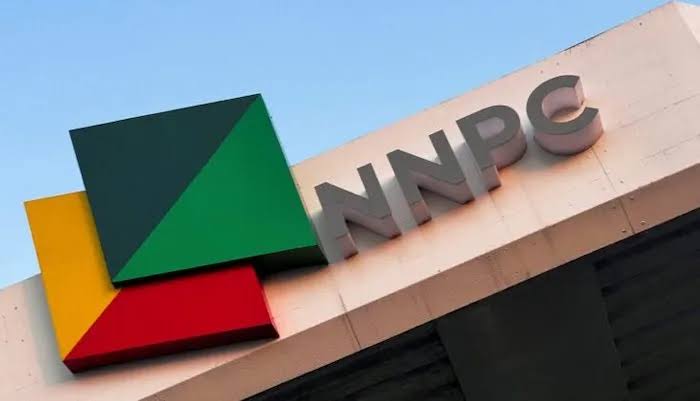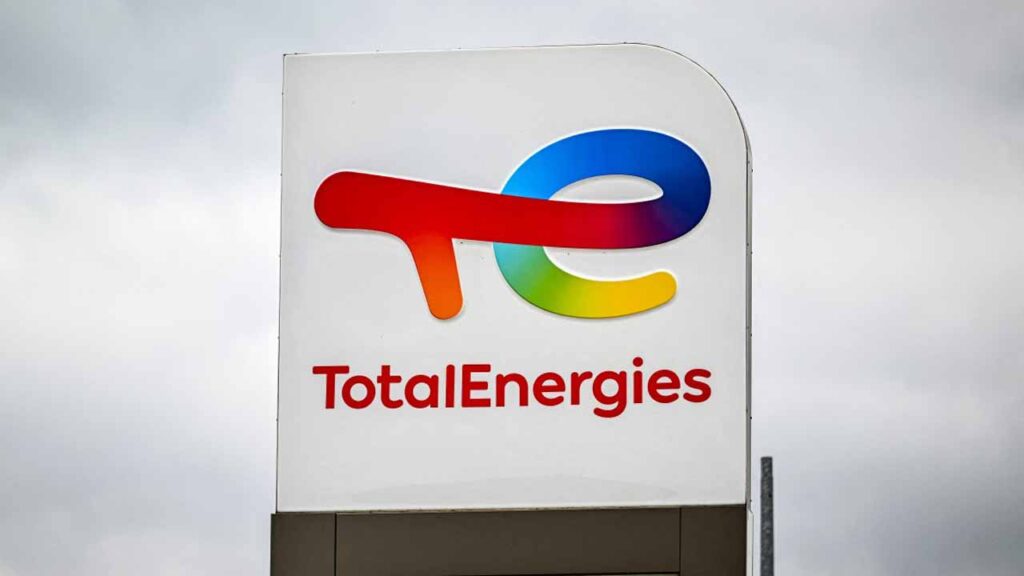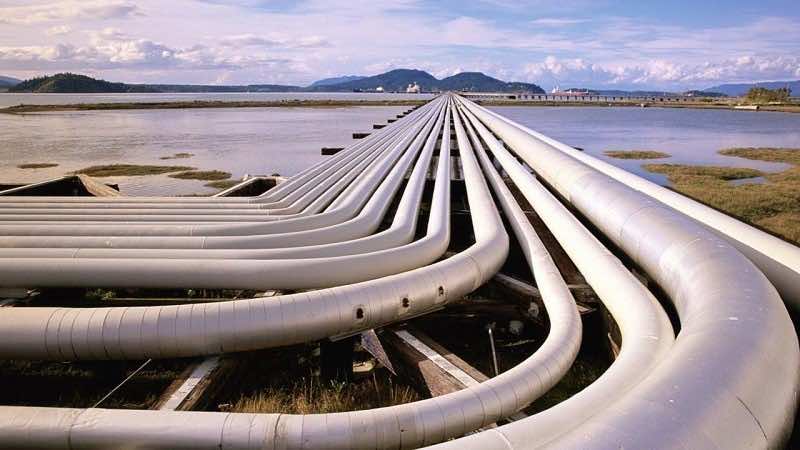 Nigeria’s dwindling oil production, which stood at 1.2 million barrels per day last month, may remain difficult to ramp up unless the federal government prioritises collaboration, significant investment and infrastructure development.
Nigeria’s dwindling oil production, which stood at 1.2 million barrels per day last month, may remain difficult to ramp up unless the federal government prioritises collaboration, significant investment and infrastructure development.
Although Nigeria had projected to pump 1.78 million barrels per day to meet up with revenue plans for 2024, most oil companies, especially the major producers are shifting attention to other countries due to unnecessary bureaucracy in Nigeria.
Industry experts, who gathered at a dinner engagement organised by Nigerian National Petroleum Company Limited (NNPC Ltd) and Nigerian Association of Petroleum Explorationists (NAPE) in Lagos, said collaboration and infrastructure development are critical to unlocking the potential in the industry.
The Group Chief Executive Officer of NNPC Ltd, Mele Kyari, said NNPC is not competing with anyone, but rather collaborating and ready for partnership to improve the country’s reserves and oil production.
He stressed that the nation has huge potential that can’t be realised without energy access.
Kyari decried the infrastructure deficit in the oil sector, stressing that efforts being made to tackle crude oil theft are on track.
“While companies see exits where they can get value back, production ramps up which is a new way for people to look for new reserves and then the scale of exploratory will double, once all these drilling activities are intact, production will ramp up
“So, we are very focused on meeting Nigeria’s energy security until the market takes its shape. We are not in a market situation where the market must take its shape. All the reforms that are happening today will clearly take us to the market situation,” he said.
Kyari added that once there is assurance of delivery standards being guaranteed, investors would be more inclined to participate, with the assurance of getting back value.
However, he noted that as a company, NNPC has recognised the opportunities and the necessity of developing gas, as it represents the next environmental value for both the company and the country.
He emphasized that the next wave of prosperity in Nigeria would come from gas, which would provide power, encourage the growth of gas-based industries, create employment, and contribute to the overall economic balance of the country.
“We are not competing with any company in this country. They are our partners and every partner helps, so we are helping them. We work together. That means that we are going to grow those partnerships and those engagements in such a way that value can be created for everybody.
“We are working to potentially come into the new space that is going to be led by some that will have to leave or want to leave, the work that will bring and build this local capacity, efficient, robust local companies that can fill those gaps so that ultimately, what didn’t happen in the last 10-12 years will happen very shortly,” Kyari said.
Kyari mentioned that the NNPC is not oblivious to the energy transition, adding that the company is focused on building relationships that could increase value, both in oil and gas.
Kyari believes that the industry is on a pathway toward prosperity, noting that without prosperity, there would not be a country.
Kyari stated that the industry would play a critical role in ensuring the country’s continued existence.
“We will show everyone that oil can bring the money, bring your money, we’ll put it in renewables but the money will come from the oil. So, you can’t kill one and expect the other to survive. And this is a work in progress, and I believe that we are on this pathway,” he said.
President of NAPE, Abiodun Ogunjobi, said that to address the challenges faced by the sector, stakeholders must be intentional in their exploration activities through strong collaboration with NNPC and independent operators.
He further commended the President’s executive order aimed at attracting investment. He added that stakeholders should leverage technology and foster a skilled workforce crucial to achieving the relevant objectives.













